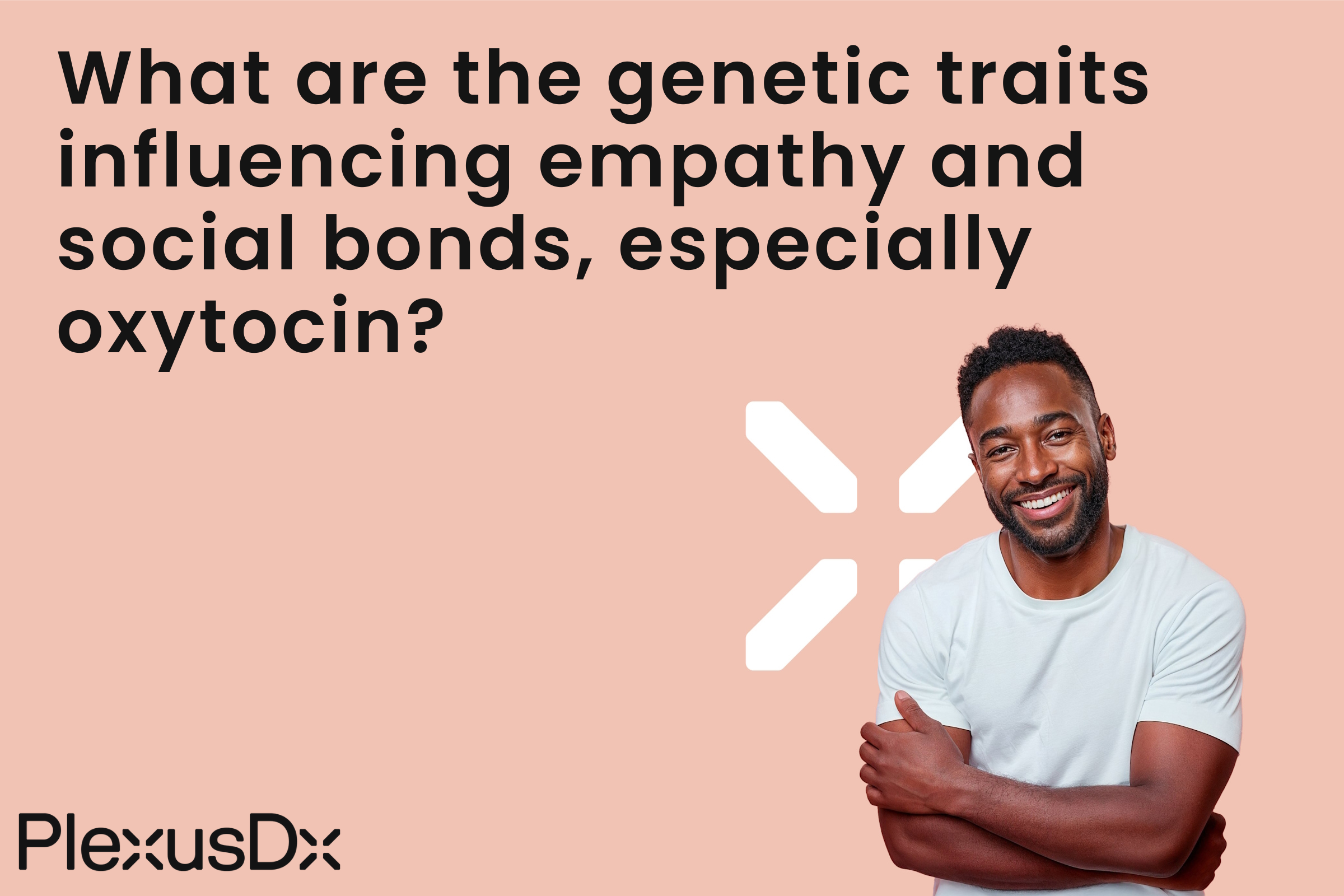Oxytocin: The Hormone of Connection and Empathy
Have you become curious about the scientific principles which govern social relationships and empathetic responses? What enables us to develop profound connections with others while experiencing both their happiness and suffering? A remarkable hormone known as oxytocin provides the answer. This blog post will explore oxytocin and its effects on social interactions as well as cognitive performance and overall well-being.
The "Love Hormone" that Shapes Social Bonds
The hormone oxytocin, often referred to as the "love hormone," plays a significant role in creating social connections and developing empathy between people. It is produced during pleasurable physical contact such as hugging, cuddling, or intimate activities. Additionally, rewarding social interactions like receiving appreciation or favors can also trigger the release of oxytocin, enhancing the enjoyment of these experiences.
Enhancing Empathy and Emotional Understanding
Oxytocin stands out for its ability to enhance empathy, allowing individuals to share in the happiness and sadness of others. By reducing fear responses in the brain, oxytocin acts as a protective barrier against stress and anxiety, fostering feelings of calmness and safety in social settings.
Beyond Social Interaction: Oxytocin's Impact on Cognition
Scientific studies reveal that oxytocin plays a crucial role in cognitive processes by improving social cognition abilities. It helps individuals decode social signals, understand intentions, and engage in productive interpersonal interactions.
Boosting Oxytocin Naturally
To naturally increase oxytocin levels, individuals can incorporate simple yet effective strategies into their daily routines. Activities such as physical contact with loved ones and pets, exercise, massages, yoga, and self-care practices promote oxytocin production, leading to improved overall health.
Genetic Influences on Oxytocin Function
Genetic factors, including the OXTR gene and specific variants like rs53576 and rs2254298, play a role in oxytocin receptor functions, empathy levels, mood states, and social bonds. Understanding the interplay between genetic predispositions, lifestyle choices, and environmental factors is crucial in determining oxytocin levels and responses.
Embracing the Power of Oxytocin for Well-Being
Oxytocin serves as a fascinating hormone that supports social connectivity and the management of interpersonal relationships. Recognizing its impact on mental and cognitive health underscores its significance in overall well-being.
Unlock Your Potential with PlexusDx
Embark on a journey towards cognitive enhancement with PlexusDx's Precision Health & Wellness tests. Visit PlexusDx.com or explore our products on Amazon and Walmart to access personalized genetic insights that empower you to make informed health and wellness decisions. Discover the transformative effects of oxytocin and enhance your ability to connect with others and deepen your empathetic engagement today.

Share:
What health risks are associated with NAT2 slow acetylator status?
Effects of PCSK9 gene variants on cholesterol metabolism and heart disease risk?